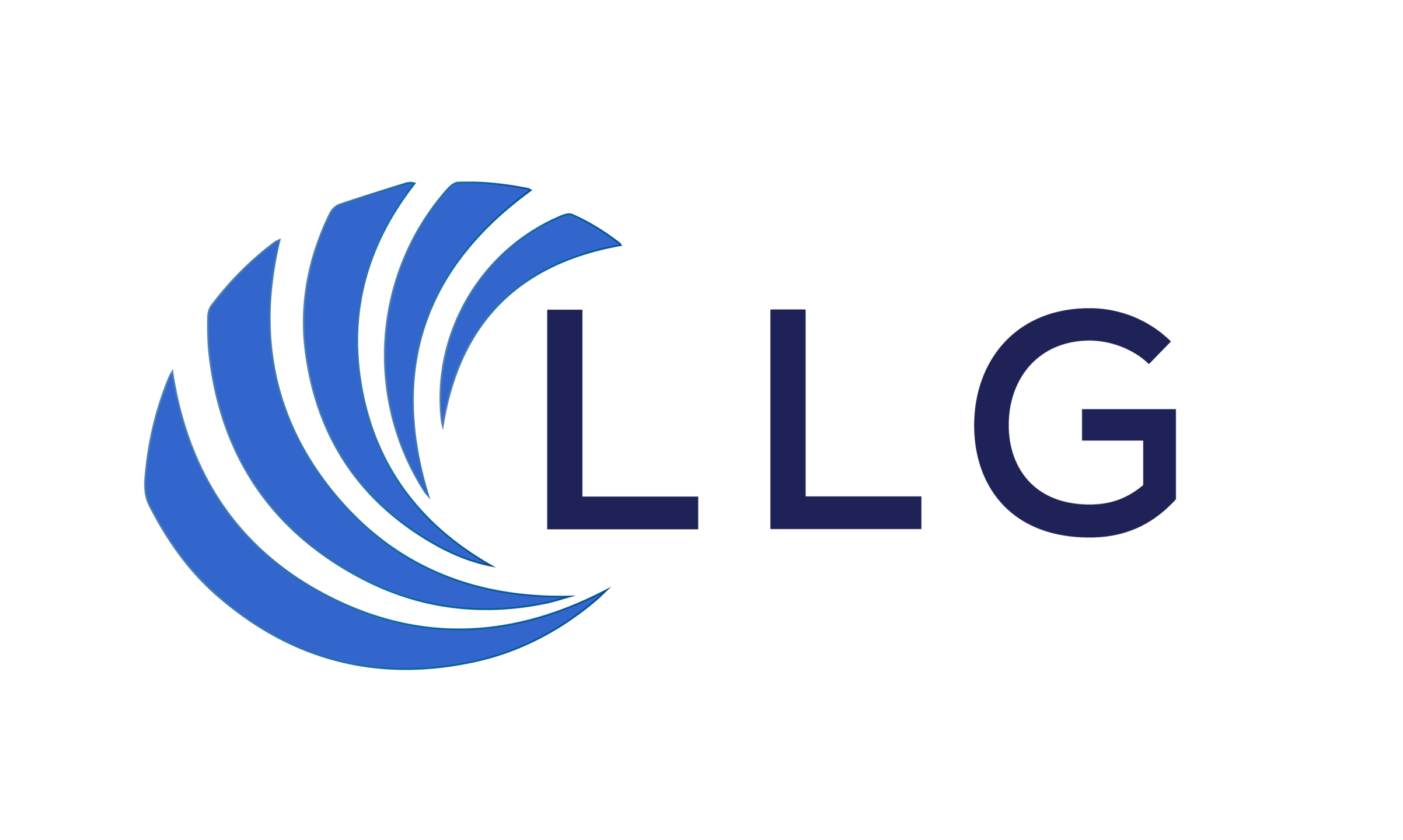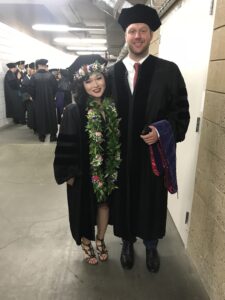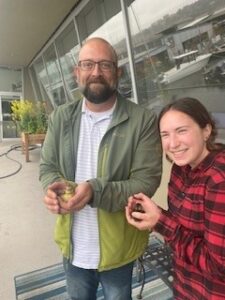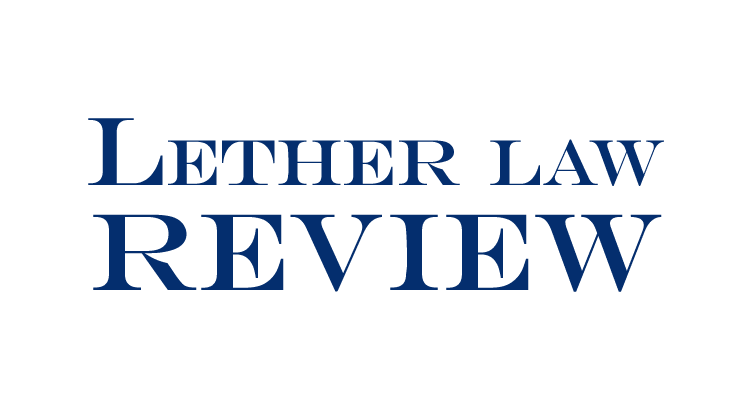It is estimated that turkey frying-related accidents cause in excess of $15 million in property damage each year in the U.S. In fact, Thanksgiving Day yields more than double cooking-related home insurance claims compared to any other day in November. The holiday season is upon us. As a result, it is important for insurers to be ready to handle an increase in all kinds of fire-loss claims. Additionally, it is important to note, given the current COVID restriction across the United States, there may be an increase in families attempting to fry their Thanksgiving bird outdoors in an attempt to maintain a safe distance from loved ones. This could lead to a potential increase in claims this holiday season.
Insurers need to be prepared for an uptick in claims under insureds homeowners’ policies. The dwelling coverage of homeowners’ insurance will typically cover the cost to repair or replace damage resulting from a turkey frying accident. However, it will still be important to investigate the claim to determine whether there is enough dwelling coverage to cover the replacement costs and sufficient coverage to cover any built-ins and/or contents that are destroyed.
Additionally, it may not be the home itself that suffers property damage. Many at-home-fryers turn their backyards or detached garages into temporary kitchens. It will be important to check if any auxiliary structures are damaged and whether or not those structures are covered under the policy. It is also important to note that the liability coverage will likely cover any injury to guests, so long as your policy covers the proper amount of liability coverage.
While homeowners will likely be covered by frying mistakes under homeowners policy, an interesting issue arises about potential damage to common areas at condominiums. Several states, including Washington, have explicit laws regarding coverages that must be maintained by condominium associations. In Washington, RCW 64.34.352 requires condominium associations to maintain property insurance on the condominium insuring against all risks of direct physical loss commonly insured against and liability insurance, including injury and property damage from using the common areas. It will be important for any adjuster to be aware of any legal requirements for coverage. Additionally, a condominiums association’s Declaration of Covenants, Conditions, and Restrictions (CC&Rs) may specifically prohibit turkey frying (as is the trend with many condominium associations) which would preclude coverage for any loss resulting from the same.
Lether Law Group has been handling large first-party property losses for over 32 years. This includes fire loss and spontaneous, unexpected claims. If you would like to discuss these recent developments or any other matters, please feel free to contact us at any time.
The above article is an opinion based on various resources such as industry knowledge and is not to be construed as legal advice or to be used as such. If you require legal advice or would like to inquire further about the information contained in this article, please feel free to contact our office directly.











